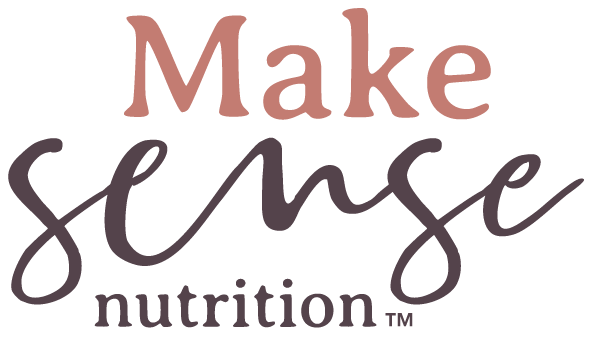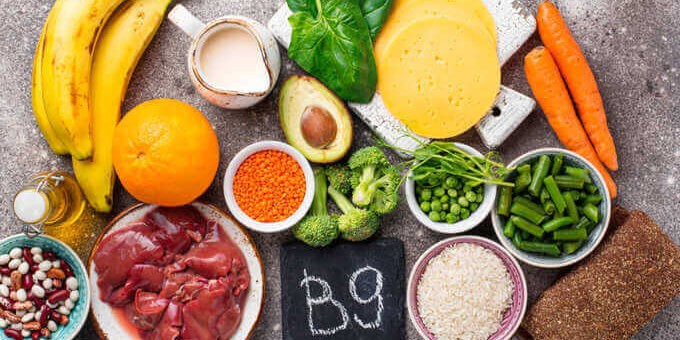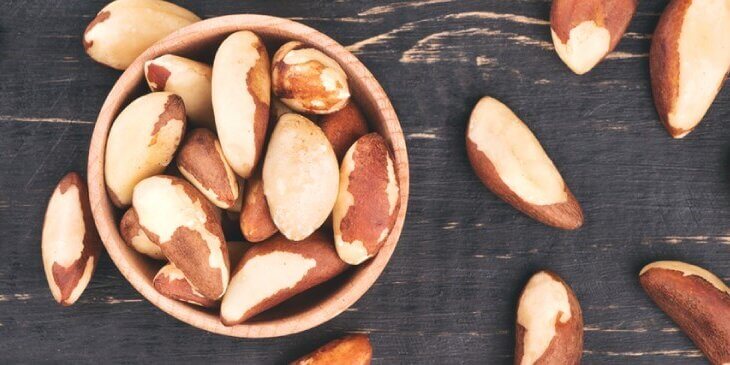Blog
What’s your ideal weight?
Ideal weight – is it even a thing?! I don’t quite agree with it, mine is such and such and my friend’s, who’s my age/height – 10-15 pounds different and we both look fine (or even great 🙂
Here’s a quick reference guide, based on current measurements and methods:
- BMI – Body Mass Index, which is a ratio of your weight in kg to height in meters square, you can find a BMI calculator online (like the one here https://www.calculator.net/bmi-calculator.html?ctype=standard&cage=35&csex=m&cheightfeet=5&cheightinch=9&cpound=140&cheightmeter=180&ckg=60&printit=0&x=0&y=0). BMI of 18.5 to 25 is considered normal, 25-30 – overweight, 30 and above – obese. The problem with it is that it doesn’t take into account body composition – you can be within normal range but having 30% body fat (meaning your muscle mass is very low) or you could be considered overweight wit only 18% of body fat – if you are “all muscle” so to say. Therefore, don’t sweat it, BMI is only a reference.
- Body fat calculations – this is a more accurate method, which gives you an idea of your body composition regardless of your weight. There’re several ways to calculate it. Here’re just a few (I won’t go into detail about them):
- Skinfold calipers – your skin (in several parts of your body) is pinched with a special little device – caliper, to measure out an average for a final body fat percentage. it is not very accurate and it is recommended to take several measurements of the same spots to reduce any errors. Error range is 3.5-5%
- DXA scan – a lot more accurate and not very accessible. Though it’ll also give you your bone density measure, which is way more important than fat, so you can get both at once. It usually shows higher fat results than other devices, due to it’s well, high accuracy 🙂
- BIA – Bioelectrical Impedance Analysis – detects your body’s response to small electrical currents. Not very accurate as it is effected by food and fluid intake.
- Ideal Body Weight formula:
-
Ideal body weight (IBW) (men) = 50 kg + 2.3 kg x (height, in – 60).Ideal body weight (IBW) (women) = 45.5 kg + 2.3 kg x (height, in – 60) Note: this formula is only an approximation, and is generally only applicable for people 60 inches (5 foot) tall or greater.For me it is 66.2 kg (145.6 lbs) – which is personally a bit too high, I feel and look way better at 135 lbs. So this is still a reference and very individual, as I said at the beginning – someone my age and height at 145 or even 160 lbs would feel and look great.So as you can see, your weight is only a reference, a number that doesn’t give you any information about what’s really going on with your body composition. If you exercise, than you would know that your body has a decent amount of muscle, you can even notice that your weight has gone up or stayed the same without changing your clothes size, or even going down in it. All this means is that your muscle to fat ratio is improving.
-
- Find a pair of jeans you like and once you fit in – that’s your ideal body weight 🙂 – my personal favorite (I do have a jeans fetish though).
Your ideal body weight is the one in which you feel your best. It is not necessarily your lowest weight – that’s usually hard to maintain, therefore not sustainable and very frustrating. Your weight is not a static measure – it fluctuates from day to day and even within the same day – the food and fluids you consume weigh you down by night. Women can retain anywhere between 2-8 or more pounds of water right before their periods.
Check oUT OTHER RECENT POSTS
Nutrient Spotlight: Folate
Nutrient Spotlight: Selenium
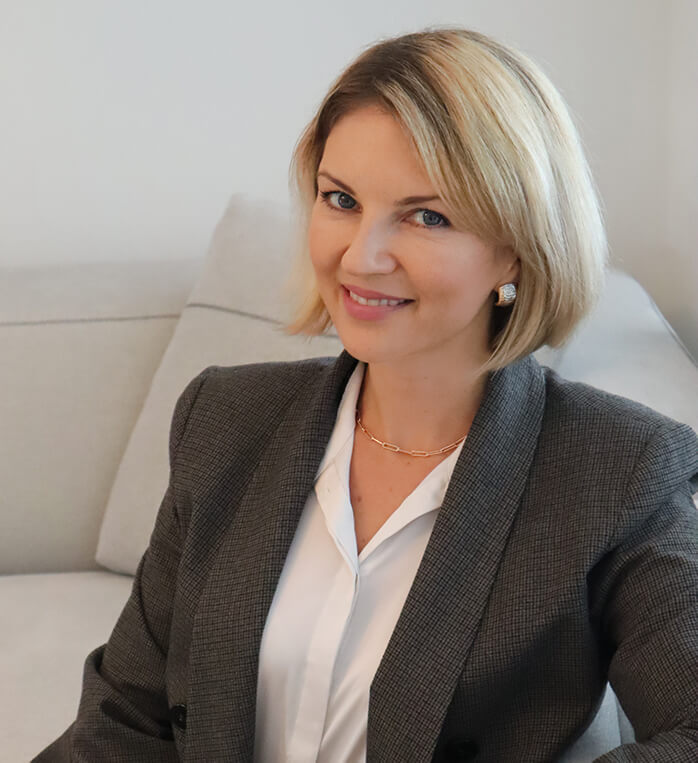

Hello, I’m Tatiana. I am a Licensed Dietitian Nutritionist and a Certified Nutrition Specialist.
I help people
- normalize their relationships with food,
- peel off the layers of misunderstood physical, nutritional and emotional needs,
- lose weight as a side effect of finding peace with food,
- stop obsessing about food and
- start living the freedom!
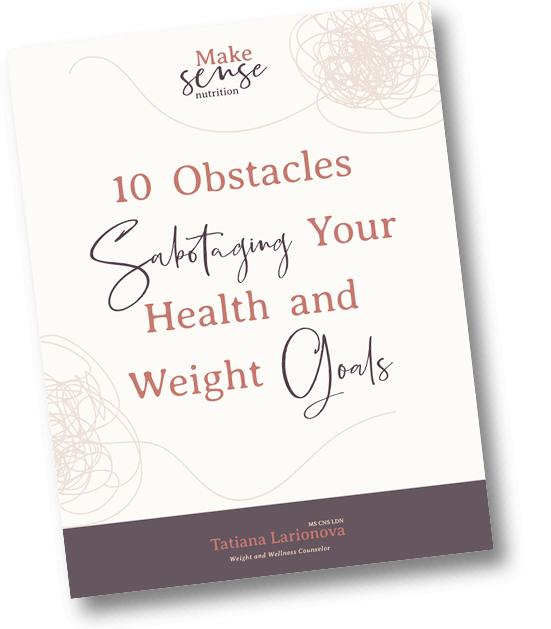
FREE DOWNLOAD
What stops you from getting in your best shape?
- Do you spend hours searching for the latest, most effective diet?
- Are you exhausted from using up so much energy and mental space on dieting and weight solutions?
- Are you uneasy around food and can’t seem to trust yourself to eat just enough for your body?
- Do you deal with challenges getting in the way of your healthy eating goals?
I’ve compiled this free tool - a list of 10 Obstacles Sabotaging your Health and Weight Goals that will help you pinpoint challenges you are dealing with that stop you from moving forward.
